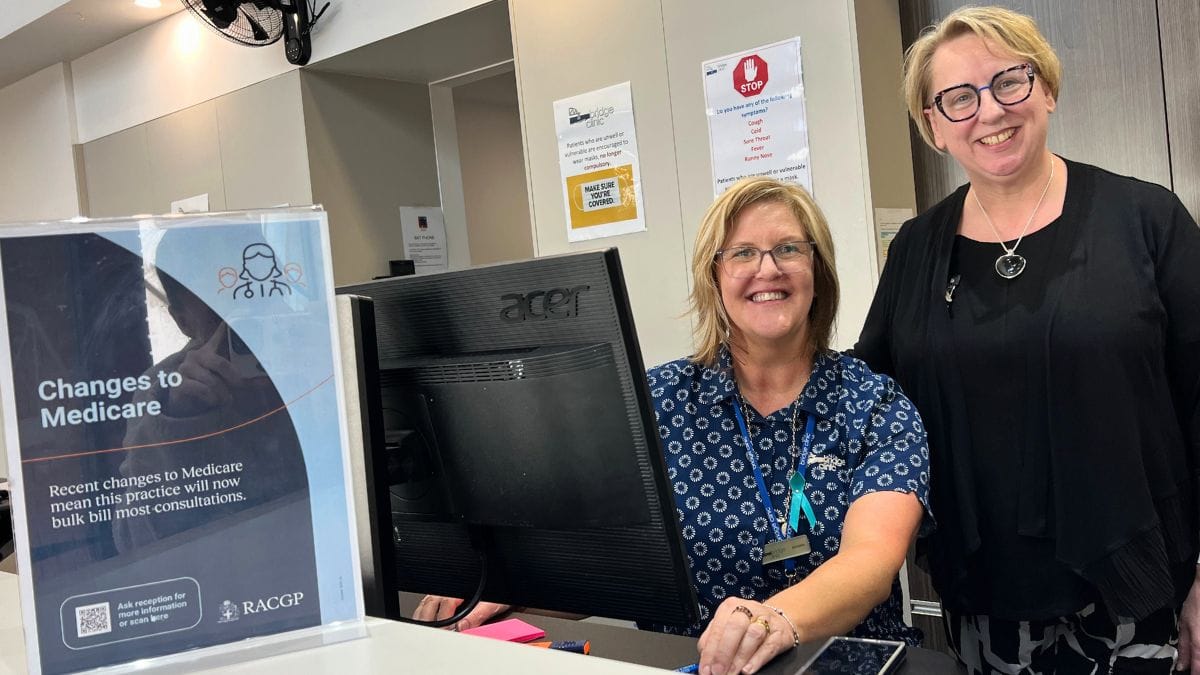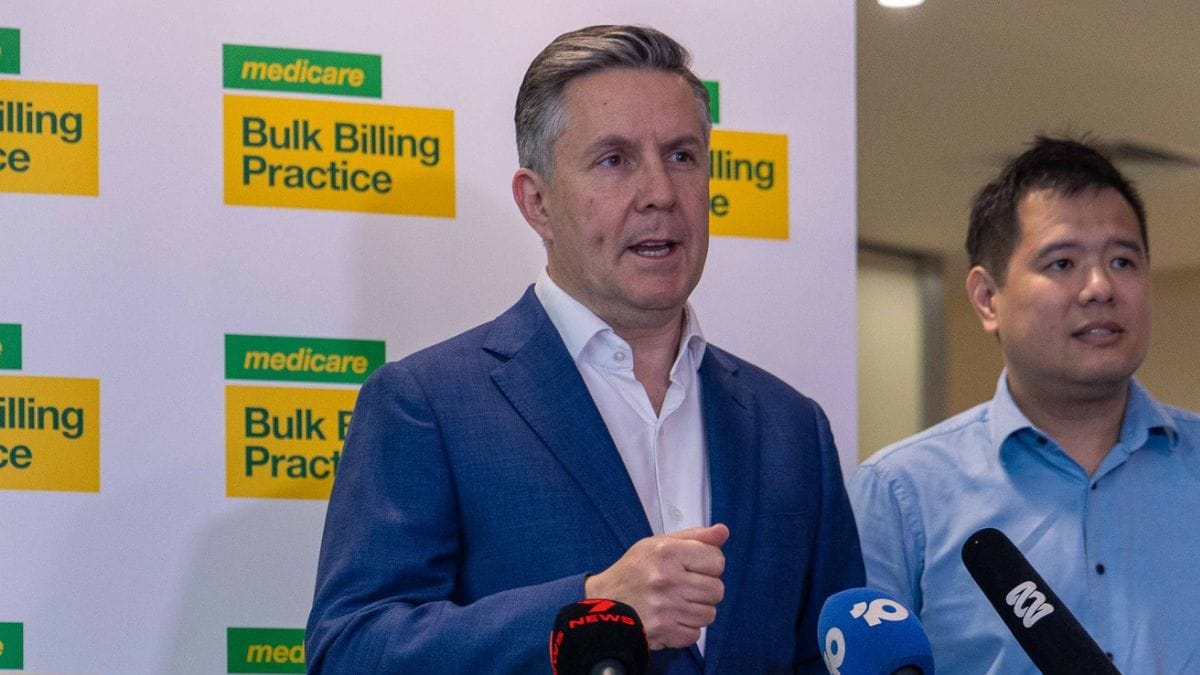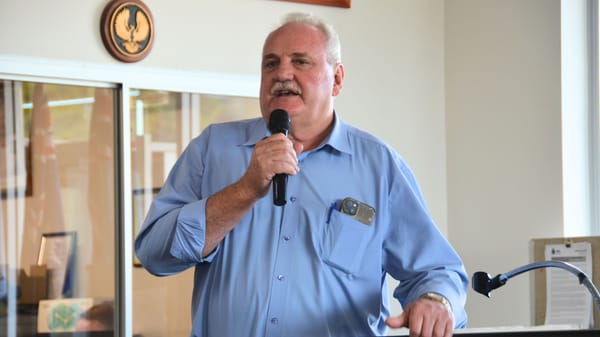Bulk billing is back, making most GP appointments and ED visits free
In most cases, you won’t have to pay to see a doctor or visit a hospital emergency department any more thanks to an $8.5 billion government investment in Medicare.

This story is free to read. Help Murray Bridge News tell more stories like this by subscribing today.
No longer will you have to check your bank account before you visit a doctor, or the emergency department at the Murray Bridge hospital.
Medical centres across the Murraylands have this week re-introduced bulk billing for all standard GP appointments.
In most cases, that means patients will no longer have to pay to see a doctor for check-ups, illnesses or long-term health conditions, whether by appointment or on an emergency basis.
Fees will still apply for some visits, such as:
- Minor surgical procedures, including stitches and wound care
- Medical checks required for a job, licence test or insurance claim
- Other procedures not covered by Medicare
The new bulk billing arrangements will apply at every medical centre in the Murraylands: Bridge Clinic, Murray Bridge Medical Centre, Bridgeview Family Practice, Mannum Medical Centre and the Murraylands Medical Centre at Tailem Bend.
Bulk billing will also apply for emergency department visits at the Murray Bridge hospital – a hugely contentious issue for more than 10 years.
Bulk billing was previously only available to concession card holders, children under the age of 16, and patients who were admitted to hospital rather than being treated and sent home.
The changes are the result of an $8.5 billion investment in Medicare by the federal government.
Bridge Clinic general manager Sally Jarrett said it was amazing news for patients.
"We don't want cost to be a barrier for patients trying to access care," Ms Jarrett said.
She confirmed that emergency department patients who were not admitted to hospital would now be bulk billed.
"We usually have two doctors rostered on there during the day and then more over weekends, as well as a night shift," she said.
Another initiative being introduced by the government is covering the cost of contraceptive devices.
"This means we will choose to bulk bill Implanon and the Mirena ... so there will be no facility fee, there will be nothing to pay out of pocket," she said.
Murray Bridge Medical Centre’s Wendy Ziersch was also cautiously delighted.
“For us it was a no-brainer (to re-introduce bulk billing),” she said.
“This is absolutely crucial for our area.”
However, she warned that it was not yet clear whether the government would index the payments clinics received for bulk billing patients – she wasn’t sure whether the payments would increase year-to-year.
That was what had gradually forced clinics to abandon bulk billing in the past – government payments had not kept up with the cost of providing GP services.
“We’ve got to pay wages, we’ve got to pay bills, we’ve got to keep the lights on,” Ms Ziersch said.
However, what was interesting, she said, was that some metropolitan clinics had decided they still would not bulk-bill their patients.
Could that shift more patients from Adelaide clinics back into the regions – and would more doctors move into regional SA as a result?
That would be a great outcome.

Federal Health Minister Mark Butler said it was the government’s goal to have nine out of 10 GP visits bulk billed by 2030.
“I want every Australian to know they only need their Medicare card, not their credit card, to receive the health care they need,” he said.
“Bulk billing is the beating heart of Medicare, and that’s what the (federal) government is delivering.”
Australian Medical Association vice president Julian Rait welcomed the changes, but suggested that the government still needed to do a bit more work on Medicare.
For example, doctors deserved access to a higher rebate for consultations which ran longer than usual.
“Patients have increasingly complex care needs, as Australia now has a much higher burden of chronic disease than when Medicare was first invented,” he said.
“Greater investment in longer consultations is vital to keeping people healthy and out of hospital.”
- More information: www.servicesaustralia.gov.au/bulk-billing.






